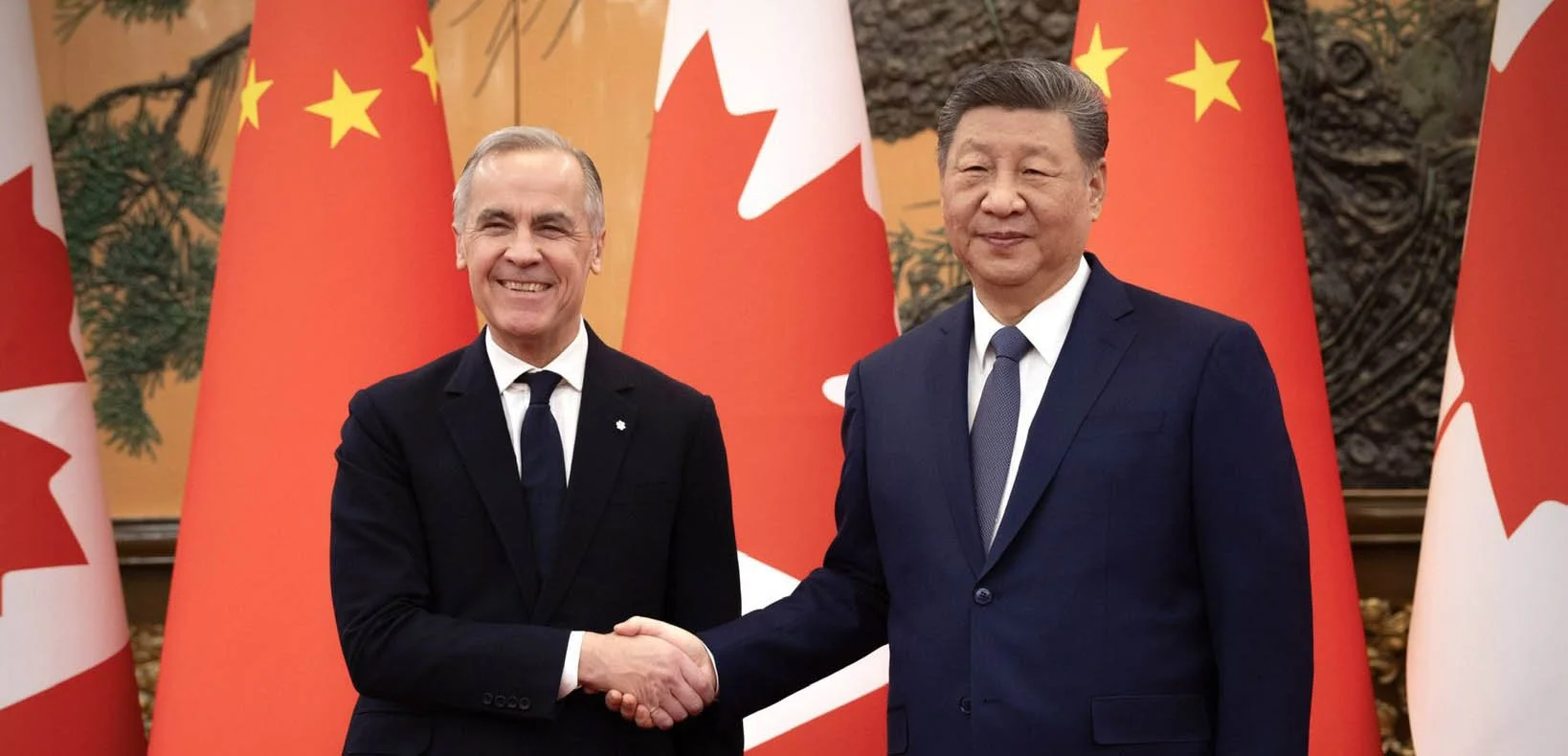Scale the country’s AI firms, Council of Canadian Innovators tells Carney
UNSPLASH PHOTO
Canada is facing “the biggest economic and security crisis in our country’s postwar history,” according to the Council of Canadian Innovators — an association representing more than 150 of Canada's fastest-growing technology-intensive companies — which has some suggestions to reshape the country’s economic future. In A Mandate to Innovate, the CCI calls on Prime Minister Mark Carney’s government to completely overhaul the nation's innovation strategy or face long-term decline.
Among the most pressing recommendations is a call for the Minister of Innovation, Science and Industry to shift the country’s focus toward scaling Canadian firms and driving the commercialization of emerging technologies — particularly Artificial Intelligence. Canada has long been a leader in AI research, but the CCI warns that the country is failing to translate its innovation potential into economic growth.
Despite impressive increases in Canadian AI patents, the CCI highlights a troubling trend: "By 2023, just 7% of the intellectual property rights that were generated through the government’s Pan-Canadian Artificial Intelligence Strategy were owned by Canadian private sector firms." The report calls for a focused, export-driven approach to AI policy, one that prioritizes scaling Canadian AI firms, fostering smart regulation, and incentivizing the adoption of AI across all sectors of the economy.
“Canada has AI innovators with the potential to be significant global companies. Federal AI strategy to this point has not had enough focus on commercialization,” said the CCI, whose cofounder and president is Jim Balsillie, former co-CEO of BlackBerry.
Sovereign cloud
Furthermore, the report calls for the creation of a "sovereign cloud" infrastructure to protect Canadian data, along with targeted actions to safeguard intellectual property (IP) and ensure that Canadian companies retain ownership of their innovations. "In a time of rapidly accelerating cyber-attacks from both criminal and state-aligned actors, an assured amount of secure compute is in a very real sense an issue of national defence and security," the report warns. It further emphasizes the need to "take a renewed focus on these assets as one of the key desired outputs of federal business policy."
The CCI also highlights the importance of addressing the issue of business subsidies, urging the incoming Minister of Innovation, Science and Industry to "end needless duplication, shutter underperforming programs, and stop subsidies that don’t build prosperity in Canada." The report stresses, "Business support programs should have clear, measurable objectives tied to Canada’s national prosperity," adding that "discretionary funding should not, except in exceptional circumstances, go to foreign-headquartered firms."
Economic underperformance
President Benjamin Bergen emphasizes the need to confront Canada’s economic underperformance. “Falling behind isn’t just about slower growth — it’s about growing poorer. With our trade and diplomatic ties, especially with the United States, more unsettled than ever, the need to build a strong domestic foundation has never been clearer,” he writes. “The world has shifted, and Canada must shift with it.”
Acting decisively: Recommendations by department
The 32-page report features department-by-department recommendations, calling on every federal minister to act decisively. Here are highlights from key ministries:
Prime Minister of Canada
Urged to lead with an “innovation-first Cabinet.”
Establish an independent Crown agency to help domestic firms scale quickly.
Recommendation: “The next Prime Minister should… establish an arms-length agency empowered to pursue clear goals, hire the right people, and work at the speed of business.”
Suggestion draws from successful models in Finland and Israel.
Minister of Finance
Calls for deep reforms to Canada’s tax system and Crown financial institutions.
Recommendation to modernize the SR&ED tax credit.
Launch a federal venture capital incentive.
“Canada’s Scientific Research and Experimental Development tax credit is the single largest science and innovation policy lever… With an expected annual outlay of nearly $4 billion in 2024, it is ten times larger than any other.”
Ministers of Foreign Affairs and International Trade
Overhaul the Trade Commissioner Service.
Link trade policy with economic complexity.
“Canada’s alarming decline in economic complexity is a concern for our long-term security and prosperity.”
Canada has dropped from 22nd to 41st place in global economic complexity rankings since 2000.
Ministers of National Defence and Public Safety
Proposal for a national defence industrial strategy.
Focus on scaling up Canada’s cybersecurity, drone, and AI sectors.
“Canada is already a cybersecurity powerhouse.”
Recommendation for procurement reform to allow military buyers to co-develop tech with startups and scale-ups.
Minister of Immigration, Refugees and Citizenship
Acknowledges brain drain as a national challenge.
Recommends bolstering the Global Talent Stream.
Target Canadian expatriate entrepreneurs.
“Canada can make the most of this moment by making coming home the best decision for entrepreneurial Canadians living abroad.”
Minister of Public Services and Procurement
Calls for procurement reform to unlock innovation.
“Procurement at all levels of government makes up 15% of Canada’s GDP.”
“A better procurement system would empower public servants and hold them accountable for results.”
President of the Treasury Board
Advocates for using “regulatory sandboxes” to pilot technologies.
Suggests “enshrining standards as statutory instruments” to modernize governance across departments.
Minister of Health
Focus on digitizing and securing health data.
“Power innovation in health and medical technology by modernizing Health Canada’s regulatory and service culture.”
Ministers of Natural Resources, Environment and Climate Change, and Agriculture
Recommends capitalizing on Canada’s position as a potential “food superpower.”
Streamline Health Canada approvals and remove regulatory barriers.
Need to invest in cleantech and critical mineral industries to stay globally competitive.






